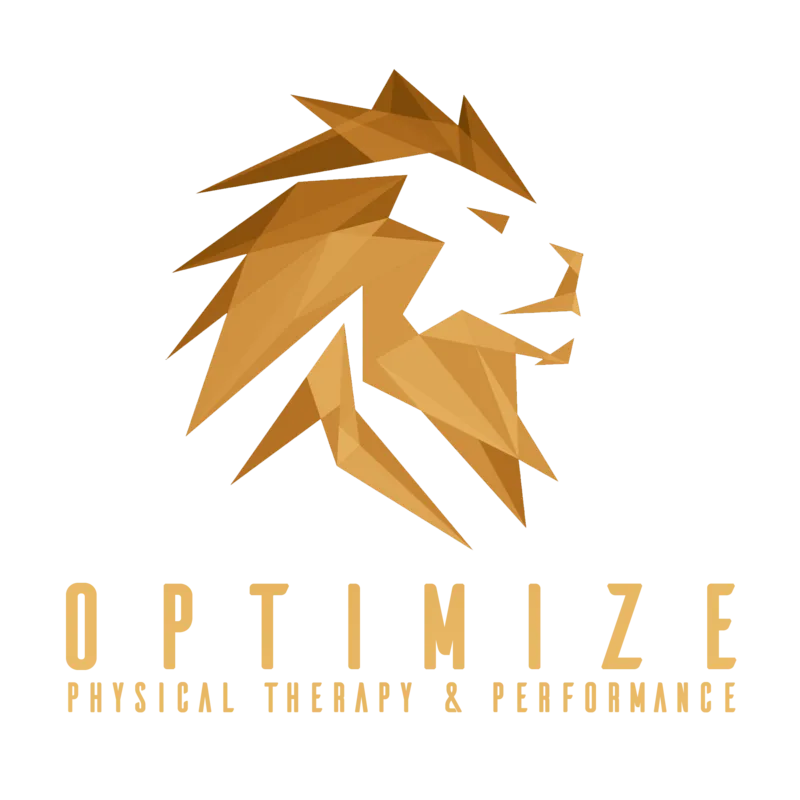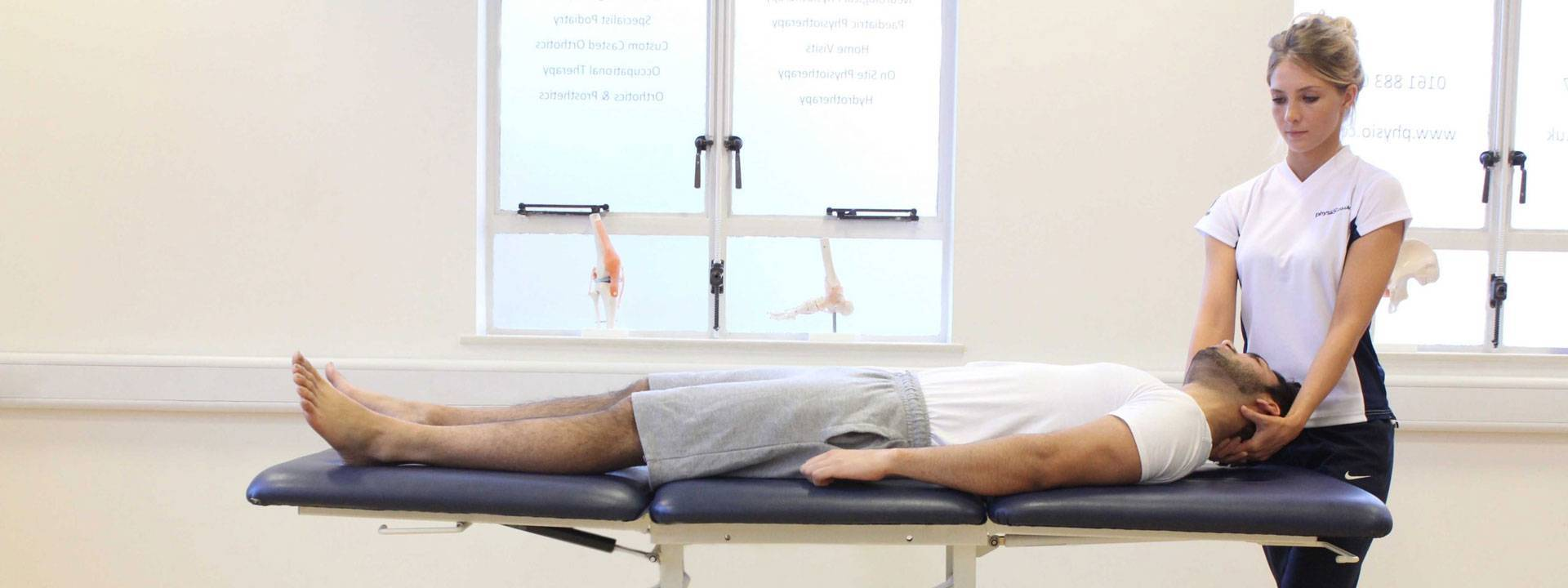Dizziness and vertigo can be disorienting and debilitating, significantly impacting daily life. Often caused by issues within the vestibular system, these conditions can lead to balance problems, nausea, and an overall feeling of instability. Fortunately, vestibular therapy offers an effective treatment solution that helps patients regain their balance and reduce or eliminate symptoms of dizziness and vertigo. At PT-360 Sports and Spine Therapy in Portland, OR, our experienced therapists specialize in vestibular rehabilitation, helping patients restore stability and improve their quality of life.
What is Vestibular Therapy?
Vestibular therapy, also known as vestibular rehabilitation therapy (VRT), is a form of physical therapy designed to treat patients experiencing dizziness, vertigo, balance disorders, and other vestibular-related issues. The vestibular system, located in the inner ear, is responsible for maintaining balance and spatial orientation. When this system is disrupted—whether by illness, injury, or other conditions—it can lead to symptoms like dizziness, vertigo, unsteadiness, and even falls.
Vestibular therapy involves a series of exercises and treatments specifically aimed at retraining the brain to better understand signals from the inner ear and improve balance. It is a non-invasive, drug-free approach that has proven effective for many patients with vestibular dysfunction.
Common Conditions Treated with Vestibular Therapy
Vestibular therapy can treat a variety of conditions that affect balance and spatial orientation, including:
- Benign Paroxysmal Positional Vertigo (BPPV): BPPV is a common cause of vertigo, characterized by brief episodes of spinning sensations triggered by changes in head position. Vestibular therapy can help reposition displaced particles in the inner ear to alleviate symptoms.
- Labyrinthitis and Vestibular Neuritis: These conditions are caused by inflammation in the inner ear, which disrupts balance. Vestibular rehabilitation can help restore stability and reduce dizziness.
- Meniere’s Disease: A chronic disorder of the inner ear, Meniere’s disease can cause vertigo, hearing loss, and tinnitus. Vestibular therapy helps manage balance-related symptoms.
- Post-Concussion Syndrome: Following a concussion, patients may experience ongoing dizziness and balance issues. Vestibular therapy can address these post-injury symptoms and support recovery.
How Vestibular Therapy Works
At PT-360 Sports and Spine Therapy, our vestibular rehabilitation program focuses on exercises and techniques tailored to each patient’s unique condition. Here’s how vestibular therapy can help treat dizziness and vertigo:
- Habituation Exercises
Habituation exercises are designed to reduce dizziness by exposing patients to specific movements and positions that provoke symptoms. Through repeated exposure, the brain learns to adapt and decrease the intensity of dizziness. These exercises are particularly helpful for patients with motion sensitivity or conditions like vestibular neuritis. - Gaze Stabilization Exercises
Gaze stabilization exercises help improve control of eye movements, especially when the head is in motion. These exercises train the brain to maintain focus on a target while the head moves, which helps reduce symptoms of dizziness, especially in conditions like BPPV or after a concussion. - Balance Training
Balance exercises are a key component of vestibular therapy, helping patients improve their stability and reduce their risk of falls. These exercises may involve standing on uneven surfaces, walking in a straight line, or performing tasks that challenge balance and coordination. Improving balance helps patients regain confidence in their ability to move safely and independently. - Canalith Repositioning Maneuvers
For patients with BPPV, vestibular therapists use specific maneuvers, such as the Epley maneuver, to reposition displaced particles in the inner ear. This treatment is highly effective at relieving vertigo caused by BPPV and typically provides immediate relief after just a few sessions.
The Benefits of Vestibular Therapy
Vestibular therapy offers several benefits for patients suffering from dizziness and vertigo, including:
- Symptom Relief: Vestibular therapy helps reduce or eliminate symptoms of dizziness and vertigo, allowing patients to regain control over their lives.
- Improved Balance: Targeted exercises help restore balance and coordination, reducing the risk of falls and improving overall mobility.
- Non-Invasive Treatment: Vestibular therapy provides a natural, drug-free approach to managing vestibular disorders, avoiding the need for invasive procedures or medications.
- Personalized Care: At PT-360, we create customized treatment plans that address the unique needs of each patient, ensuring the best possible outcomes.
What to Expect During Vestibular Therapy at PT-360
When you begin vestibular therapy at PT-360, you can expect a thorough evaluation of your symptoms and medical history. Our experienced therapists will perform specific tests to assess your balance, eye movements, and response to different positions and movements. Based on this assessment, we will design a personalized treatment plan that may include a combination of habituation exercises, gaze stabilization exercises, and balance training.
The goal of vestibular therapy is not only to relieve your symptoms but to help you regain confidence in your movement. With regular therapy sessions and a tailored home exercise program, most patients experience significant improvements in their symptoms within a few weeks to a few months.
When to Seek Vestibular Therapy
If you’re experiencing persistent dizziness, vertigo, or balance problems that are affecting your daily life, vestibular therapy may be the right solution for you. Conditions like BPPV, labyrinthitis, or Meniere’s disease can cause recurring symptoms that interfere with your ability to perform everyday activities. Early intervention with vestibular therapy can prevent these symptoms from worsening and help you regain control over your health.
At PT-360 in Portland, our expert therapists are dedicated to providing compassionate, effective care to help you feel steady, confident, and free from dizziness.
Conclusion
Dizziness and vertigo can disrupt your life, but vestibular therapy offers an effective path to recovery. At PT-360 Sports and Spine Therapy in Portland, OR, our vestibular rehabilitation program is designed to address the root causes of your symptoms and help you regain your balance and stability. If you’re ready to find relief from dizziness and vertigo, contact PT-360 today to schedule an appointment with our experienced team.
FAQs on Vestibular Therapy for Dizziness and Vertigo
- How long does vestibular therapy take?
The duration varies based on the severity of your condition, but many patients see significant improvements within a few weeks of therapy. - Can vestibular therapy help with chronic vertigo?
Yes, vestibular therapy is highly effective in treating chronic vertigo by retraining the brain to adapt to balance issues. - Is vestibular therapy painful?
Vestibular therapy is generally not painful, but some exercises may provoke dizziness temporarily as the brain learns to adapt. - Do I need a referral for vestibular therapy?
While some insurance plans may require a referral, many patients can begin vestibular therapy without one. Contact PT-360 for more details. - Can I do vestibular exercises at home?
Yes, your therapist will provide you with a personalized home exercise program to reinforce your progress between sessions.


